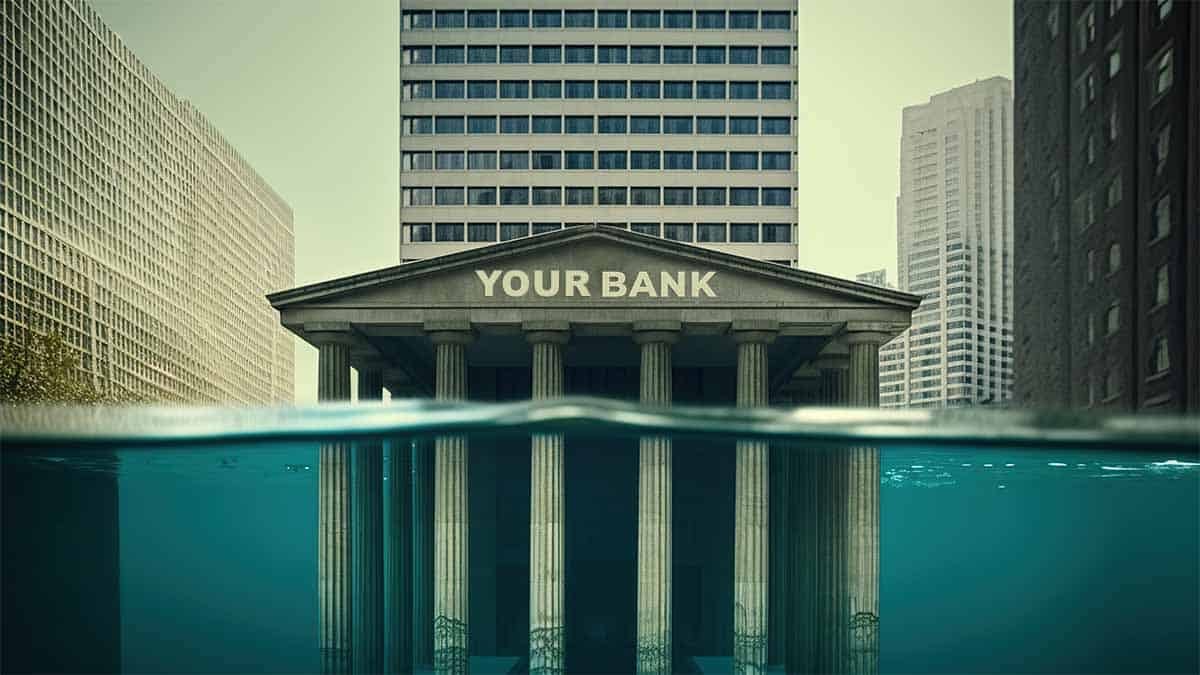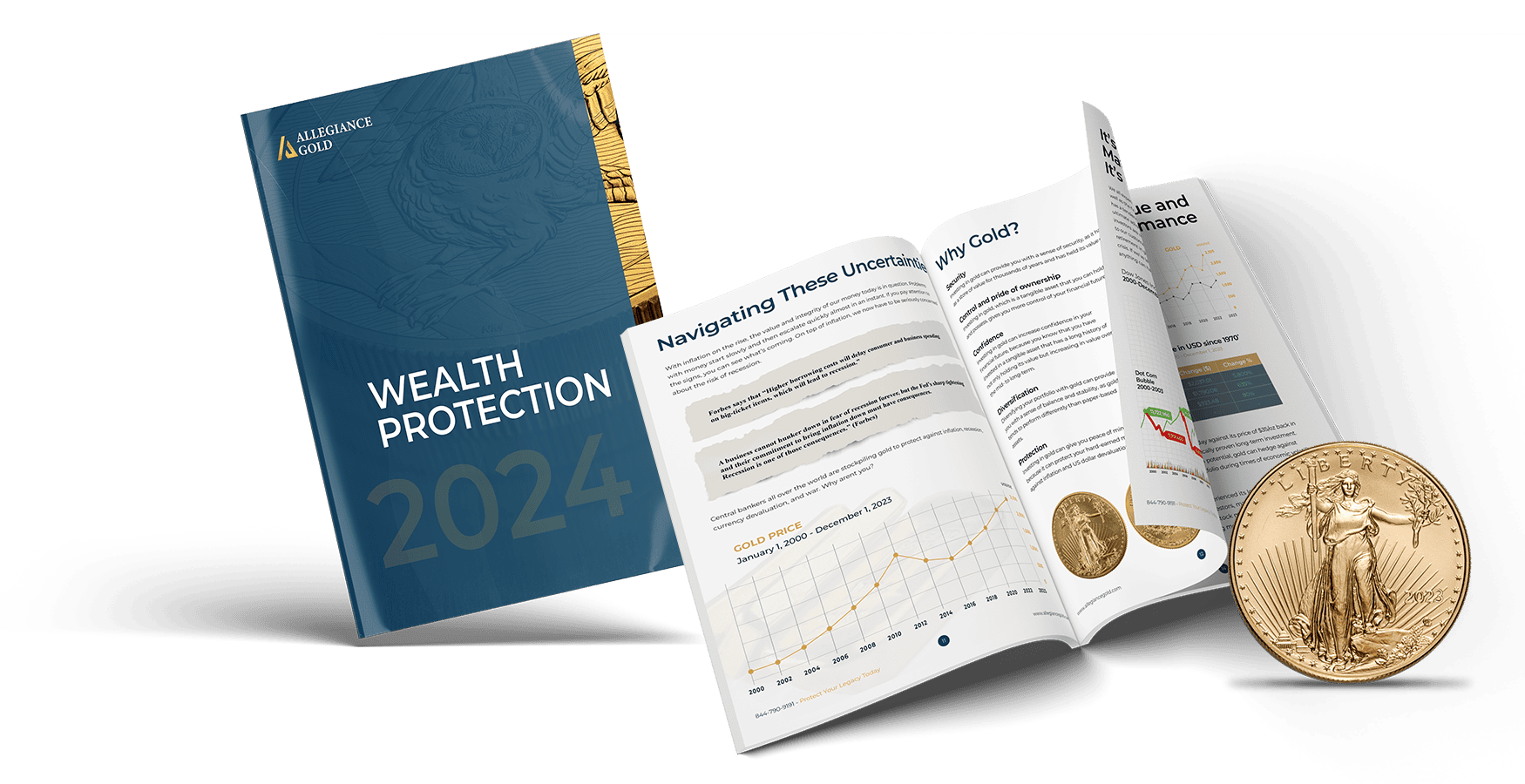Low interest rates are good for our economy. They spur economic growth, encouraging businesses and consumers to make big purchases, i.e., houses, cars, business R&D/expansion, etc. Less is paid in interest which allows more money to be spent creating a ripple effect throughout the entire economy.
When interest rates are raised 11 times to the highest levels seen in 40 years, business borrowing becomes more expensive which stifles growth, re-investment, and hiring.
On the consumer side, higher interest rates force Americans into more debt.
For banks, higher interest rates bring disastrous consequences – for them, the economy, and you.
When the Fed increased interest rates to combat inflation, the bond market was decimated.
Banks were caught off guard and found the billions of dollars in bonds that they held plummet in value. (Bonds have an inverse relationship with interest rates: when interest rates rise, bond prices fall.)
Many banks were upside down in bonds and could not adjust their bond holdings quickly enough. They found themselves with insufficient funds to carry on everyday business.
After the collapse of Silicon Valley Bank and Signature Bank – the 2nd and 3rd largest bank failures in US history at the time – and knowing that many other bank failures were coming, the Fed implemented a bank bailout program called the Bank Term Funding Program.
BTFP is basically a loan program that keeps failing banks afloat for a year. After one year, it’s anyone’s guess what could happen.
An Unnerving Spike in Bank Bailouts in November
Borrowing through the bailout program was heavy and steady in the months to follow but, in November 2023, there was an unnerving spike in banks tapping into the bailout program.
The fact that banks were and still are accessing the bailout program at a faster rate, despite a modest bond market rebound, tells us that the banking sector remains shaky and unreliable.
With businesses, consumers, and the government buried in debt, our economy cannot survive long-term in a high interest rate environment.
Banks were the first to tumble and now commercial real estate is feeling the squeeze.
With banks getting a one-year reprieve under BTFP and talk of a looming recession, how confident are you that your bank can survive?
If banks cannot afford to be in business, do you want them holding your money?
And, if there is a recession as many experts predict, many businesses and corporations could fail, which would severely affect the value of your retirement account.
What Investors Are Doing to Protect Themselves Against Bank Failures
The best way to protect your savings and retirement is with an asset that can weather any market and economic storm.
History has proven that in times of inflation, talk of a recession, and the threat of bank failures, the money flows to gold.
Gold is insurance.
Gold is a natural, physical store of value that does not depend on anyone or anything to create its value; it appreciates in value and protects you against bank failures, loss of purchasing power, and stock market crashes.
Gold is known to have an inverse relationship with stocks and bonds and, therefore, is a smart diversification asset that should be included in your IRA and 401(k).



 Custom Precious Metals IRA
Custom Precious Metals IRA



